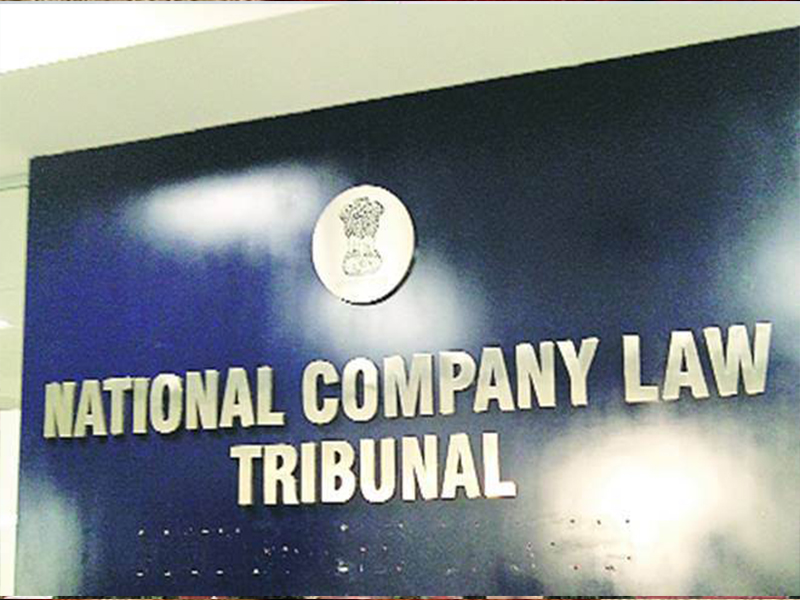The trend around the world is to make the business processes rational and simplify the legislation surrounding them. This contribution is due to the use of information technology and electronic communication that has resulted in speeding business transactions and making them international. Right now, the time is good enough for dispensing justice and disposal of business issues by the authorities and court which aligns with the transaction of businesses. In addition to this, several business issues require special knowledge of the domain while dealing with matters in the right manner.
Keeping in mind the perspective of the legal issues and the requirement of special knowledge, the people responsible for discharging the responsibilities and dealing with complicated matters related to various subjects, the emergence of specialized tribunals have gained acceptability and attention over the years.
Establishment of NCLT
According to a constitution bench of the Supreme Court and in a recent judgment has resulted in the formation of NCLT or the National Company Law Tribunal and the NCLAT or the National Company Law Appellate Tribunal under the provisions of the Companies Act of 2013. Both the entities act as comprehensive judicial systems for dealing with the disputes related to the companies in India. The existing authorities and tribunals such as the Board of Industrial and Financial Reconstruction, the Company Law Board, the company courts under the jurisdiction of the High Courts, and the Appellate Authority for Industrial and Financial Reconstruction are to be abolished and made one with NCLT and NCLAT once they are established and start functioning properly. Subsequently, the matters that are lying pending before the previous authorities are also to be transferred to the tribunal.
The demand for establishing NCLT, which is deemed to take over the CLD or the Company Law Board was also made in the Companies (Amendment) Act of 2002. However, after a long wait, the Companies Act of 2013 has made this declaration formally with the establishment of the Specialized Tribunals, namely, the NCLT and NCLAT. There is no doubt that the creation of the single forum is going to be a special move which is entirely devoted to the corporate matters and is likely to remove the problems of multiple generators. After the functioning of NCLT and NCLAT, corporate matters will also follow a specific path. While all the matters are going to be handled by the NCLT, the aggrieved parties not satisfied with the decision of NCLT may move further and appeal through the Company Law Appellate Tribunal and going ahead further to the Supreme Court.
Legal representative
The party of a legal proceeding or an appeal before the tribunal or the appellate tribunal may prefer to appear in person or send someone specializing in company law and secretarial practice, a CA or other legal practitioners, and any other person for the presentation of the case before the tribunal or the appellate tribunal. This step has led to huge scope for the company secretaries as the domain is specific to this profession although the companies previously hired the legal practitioners to appear before the Higher Court. The following points show some of the powers bestowed with NCLT.
- A majority of the powers of the Company Law Board under the Companies Act of 1956 have been given to NCLT.
- The NCLT also have the powers of BIFR for reviving and rehabilitation of the sick companies.
- It has been given the powers of the High Court in various issues related to mergers and acquisitions, demergers, winding up, and the amalgamations.
- The power to place the order of repayment of those deposited that have been accepted by the NBFS’s or the non-banking financial companies.
- It can wind up the companies and review their own orders as well.
The NCLT shall have the power and jurisdiction of BIFR or the Board for Industrial and Financial Reconstruction, the Company Law Board, the AAIFR or the Appellate Authority for Industrial and Financial Reconstruction, and the High Courts related to several company issues.
Prospect of company secretaries
The establishment of NCLT and NCLAT is going to offer a host of opportunities to the company secretaries who are still practicing and have been authorized to appear before the tribunal or the appellate tribunal. For the first time, the people involved in the corporate secretarial practice are going to be eligible to appear for those matters, which were previously under the jurisdiction of the High Court such as the mergers and acquisitions according to section 391-394 and the proceedings of winding up under the Companies Act of 1956. Quite naturally, the emergence of the tribunals has opened a whole new area for the company secretary in addition to providing the necessary assistance to the corporate sector.
Other duties of corporate secretary
The corporate secretarial practice is going to engage in a merger, demerger, amalgamation, reverse merger, compromise, and the rest of the arrangements right from the level of conception to implementation. Furthermore, those in practice are also going to deal with the services in the preparing schemes and appear before the tribunals for the approval of those schemes and the formalities that remain after the merger. Furthermore, it will have a role to play in the detection of sick companies within the right time and make references about it before the tribunal. As the NCLT has been given the power of winding up the companies, the company secretaries can also represent those cases before the tribunal. When compared with the previous positions of company liquidators for which government officials used to be appointed, the corporate secretaries today can act as liquidators in winding up the case.

